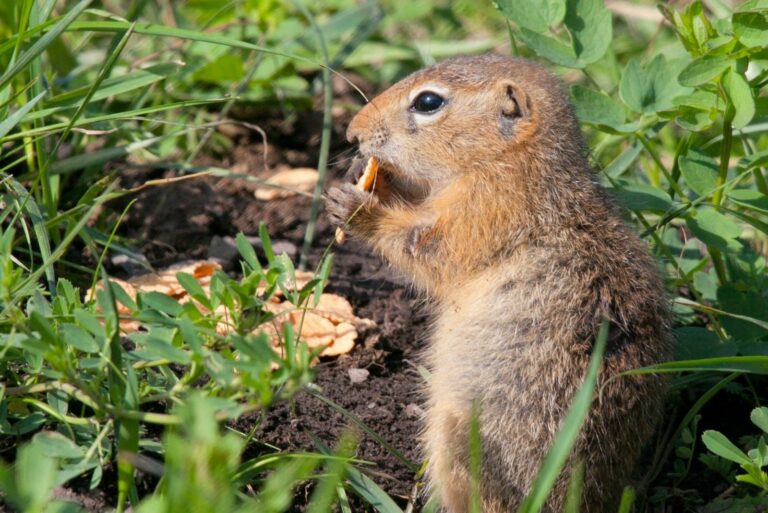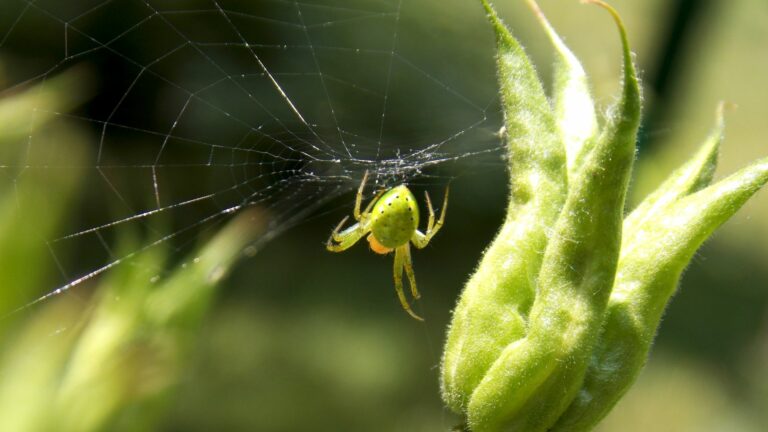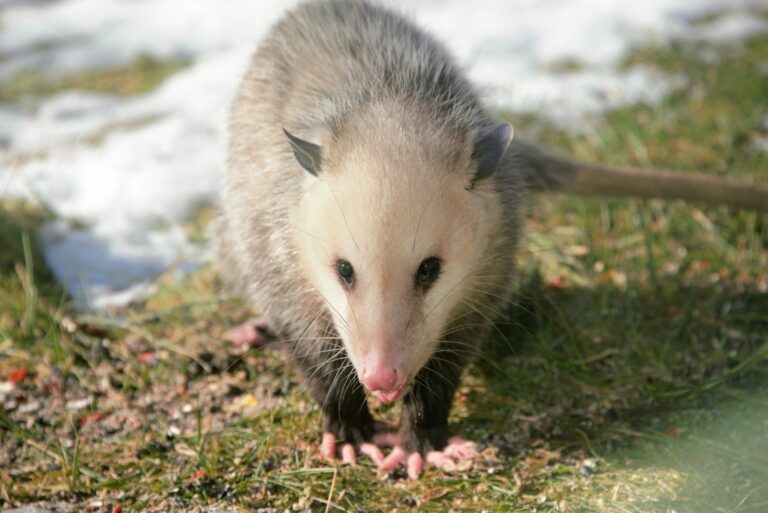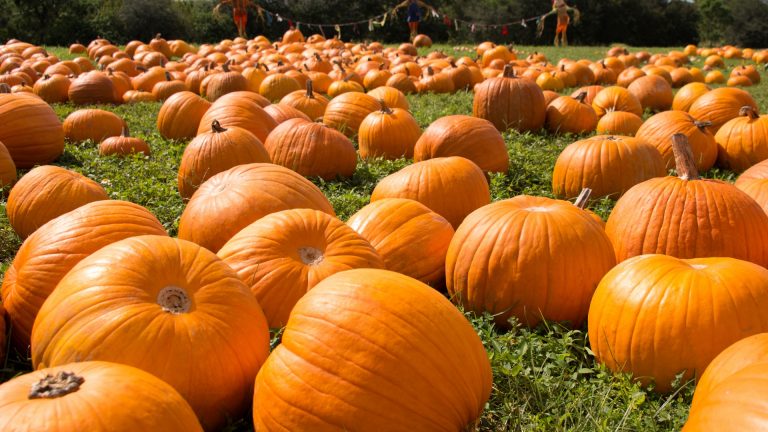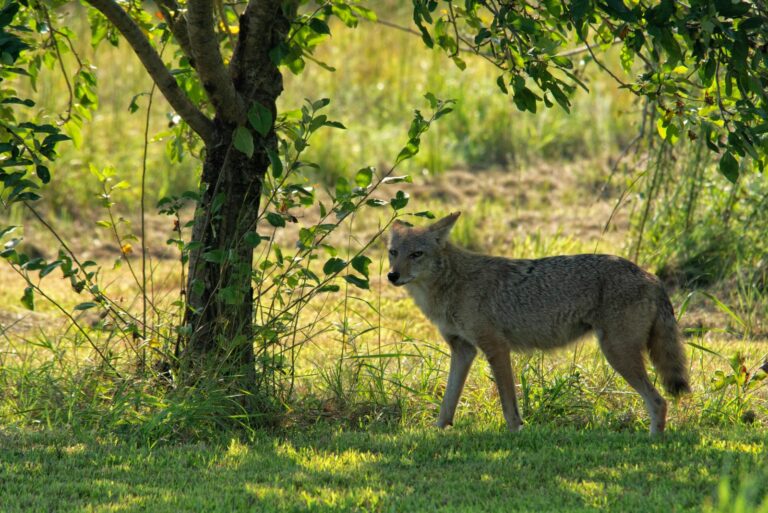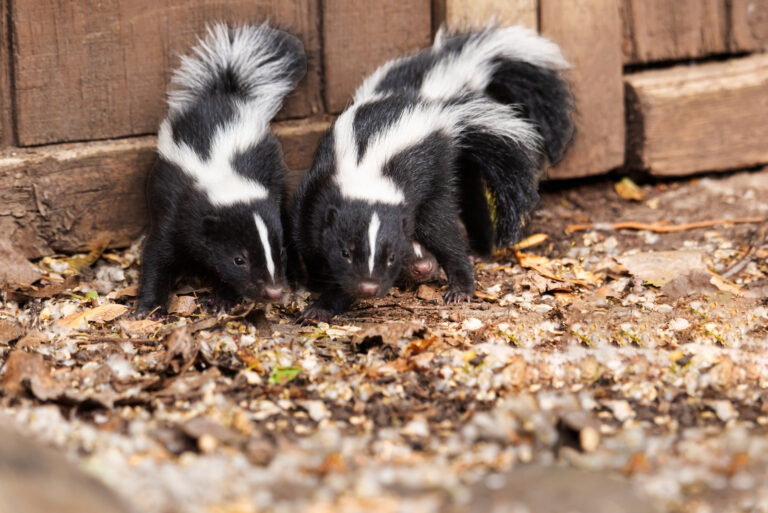Follow These Easy Tips To Rid Your Roses Of Aphids And Keep Your Garden Blooming Beautifully
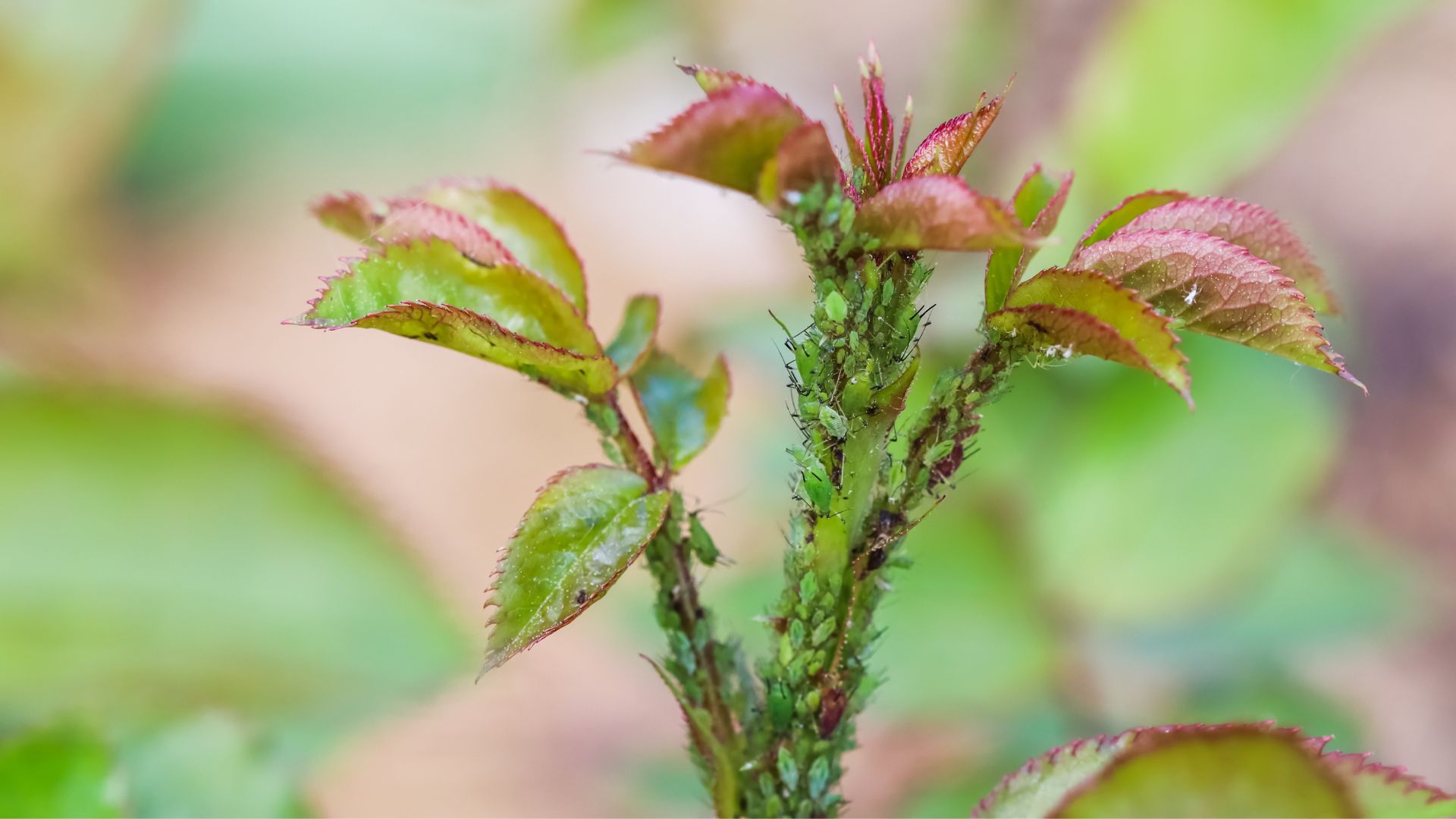
Ahh, aphids, every gardener’s nightmare!
Growing roses in my garden has always been a joy, but dealing with pesky aphids can be a real headache. These tiny bugs love to munch on my roses, ruining their remarkable beauty and elegance.
When I first started growing flowers, I immediately went for roses; little did I know that aphids are big fans, too!
During my struggle with these annoying little creatures, I’ve learned some effective methods to keep these tiny pests at bay. And now, I’ll gladly share them with you!
What In The World Are Aphids And How Do They Torment Your Precious Roses?
Aphids are common garden pests that love to feast on plants, including roses (so, no, they won’t just admire the elegance of roses like the rest of us).
They can be green or black and are super small in size – they are hardly visible; but trust me, you’ll know that they’re there.
You might find them hanging out in colonies on the stem or leaves, but they’re sneaky and hard to spot. Look out for these signs:
• Your rose leaves might start to droop or twist, showing that aphids have been snacking
• A sticky substance (kind of like saliva) left by aphids called “honeydew”
• An ugly, dark mold that grows on honeydew, making your plants look dirty
• Lots of ants hanging around your rose buds, enjoying the honeydew buffet
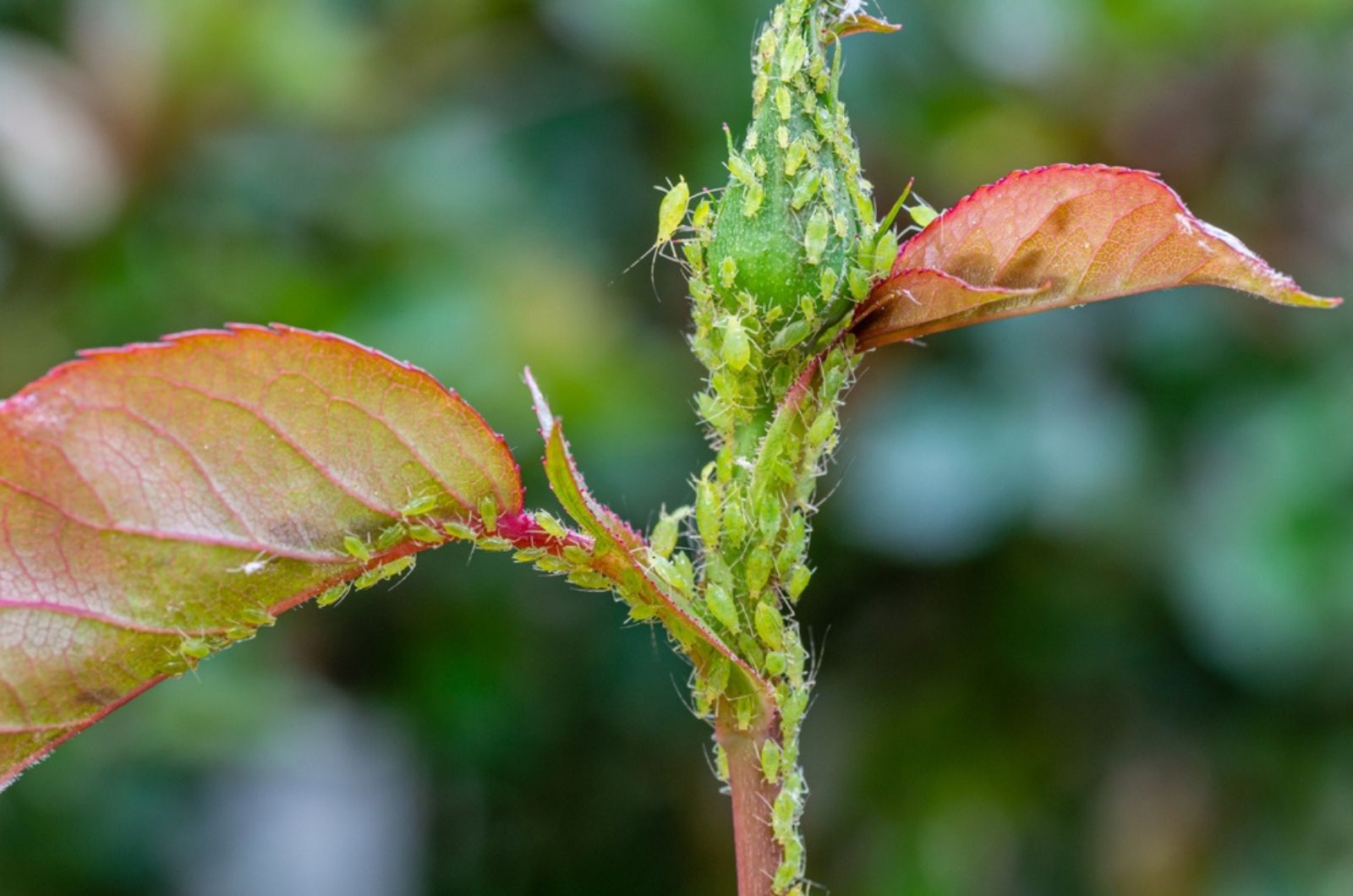
Aphids are a real nuisance for roses and many other beloved garden plants. They’re not just bothersome; they’re downright harmful and here’s why:
• Aphids munch on the sap inside plant stems and leaves, weakening the plant and making it grow slowly
• As they feast, aphids inject saliva into the leaves, spreading diseases that can harm your roses
• To top it off, aphids leave behind a sticky substance called honeydew, which attracts a dark mold that can block sunlight and stop your plants from growing altogether!
Related: How To Use Epsom Salt To Deter Aphids From Your Garden
Say Goodbye To Aphids For Good With These Simple Methods
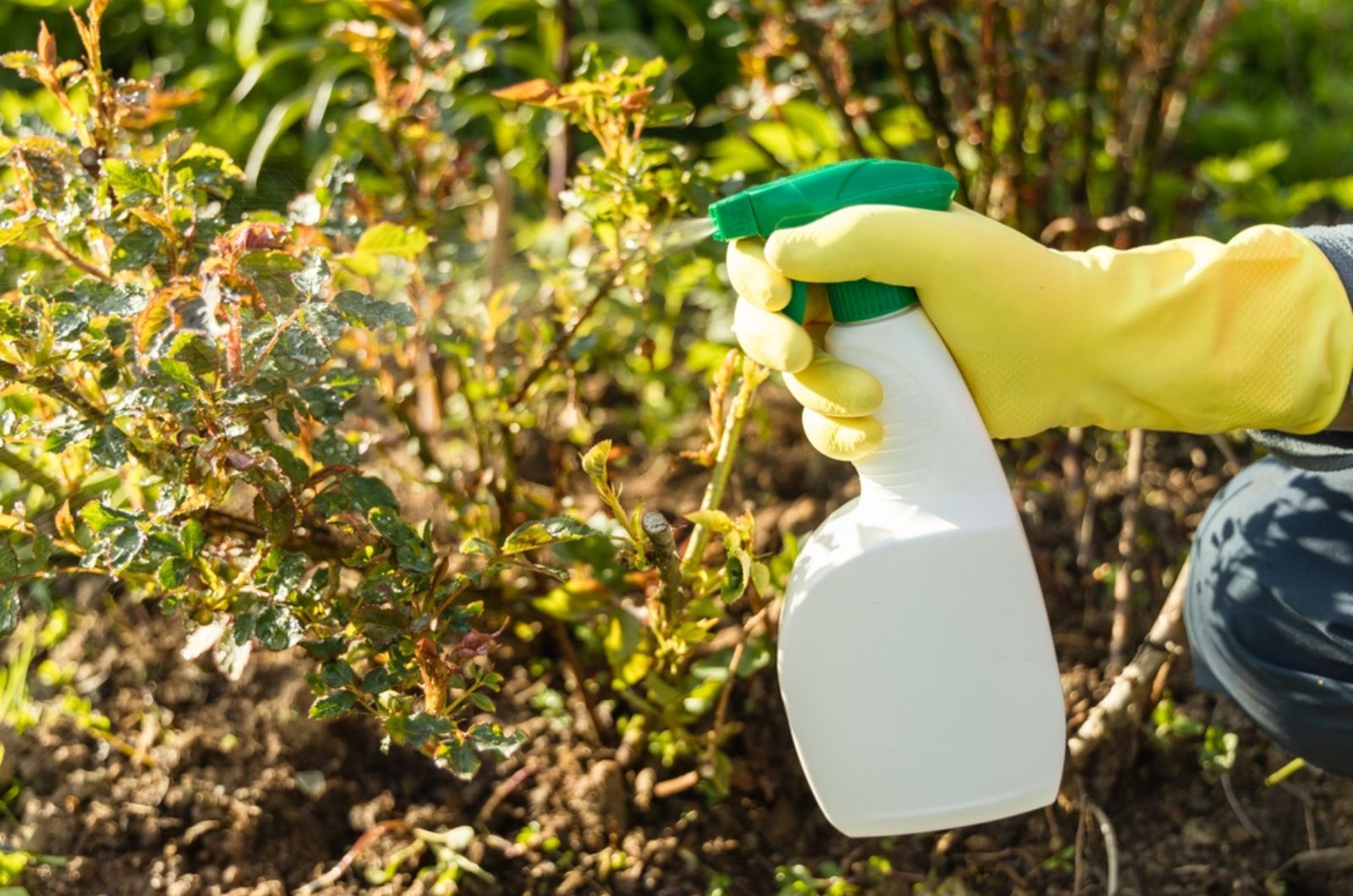
If you notice these signs on your roses, it’s time to declare war on these pesky pests (and if you act quickly, you’ll definitely win without any losses!).
Tackling aphids head-on can be a bit troubling (trust me, I know!), but trying different methods will save your plants.
These are the methods I’ve personally tested and found effective for dealing with aphids:
1. Water pressure: Blast water to dislodge aphids from your rose buds. This method is suitable for smaller gardens with fewer rose bushes, but it’s only a temporary solution.
2. Soap spray: Making your own soap spray is a simple and effective way to deter aphids. Mix a teaspoon of mild liquid dish soap with water in a spray bottle and apply it weekly to keep these pests at bay.
3. Beneficial insects: Companion planting will attract beneficial insects that feed on aphids, thus reducing their population. Planting dill, mint, and yarrow alongside your roses can attract natural aphid predators like ladybugs, lacewings, and hoverflies.
Ladybugs are the best insects for the garden, and here’s why: Watch What Happens When You Release 100 Ladybugs In The Garden
Take Preventative Measure So You Don’t Have To Deal With Aphids At All
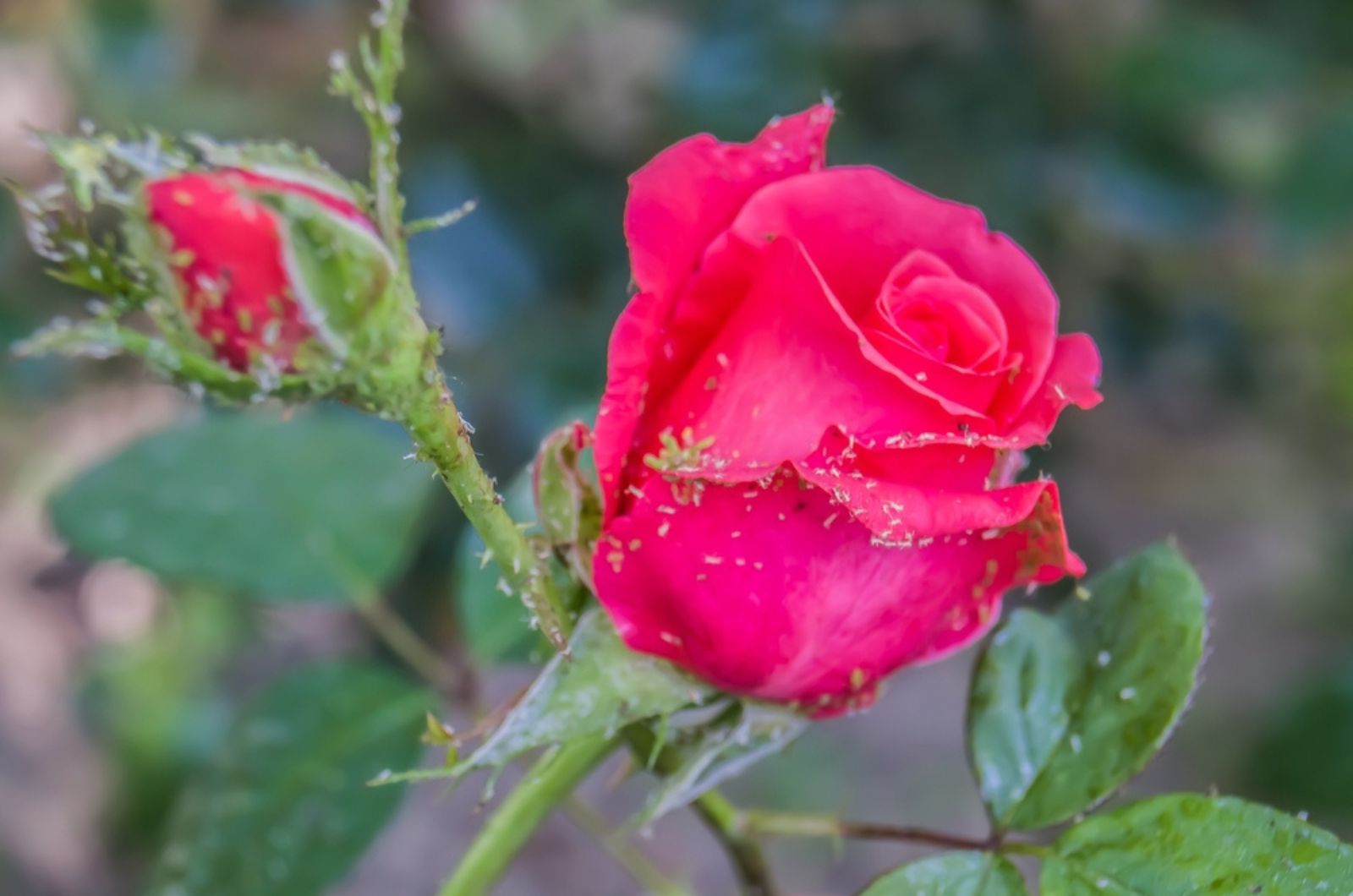
Once you’ve dealt with those pesky aphids, keeping them away from your roses is key.
Here are some simple strategies to prevent aphids from coming back:
• Keep a close eye on little rose buds: Regularly inspect your roses for any signs of aphids, like clusters on stems or leaves, and take action early if you spot them.
• Plant alliums nearby: Aphids aren’t fans of plants like garlic, chives, and marigolds, so planting them around your roses can help deter aphids from returning.
• Invite birds to your garden: Birds like sparrows and finches love to snack on aphids, so setting up bird feeders or bird houses near your roses can naturally keep aphids in check.
So you see, no one is safe from aphids; but keeping them away from your roses is doable. With the right know-how, you can protect your roses and keep them beautiful.
Stay alert, try different methods, and ask for help when needed. With a little patience, you can enjoy a thriving, aphid-free rose garden for years to come!
Related: This Simple Ingredient Can Protect Your Plants From Aphids

